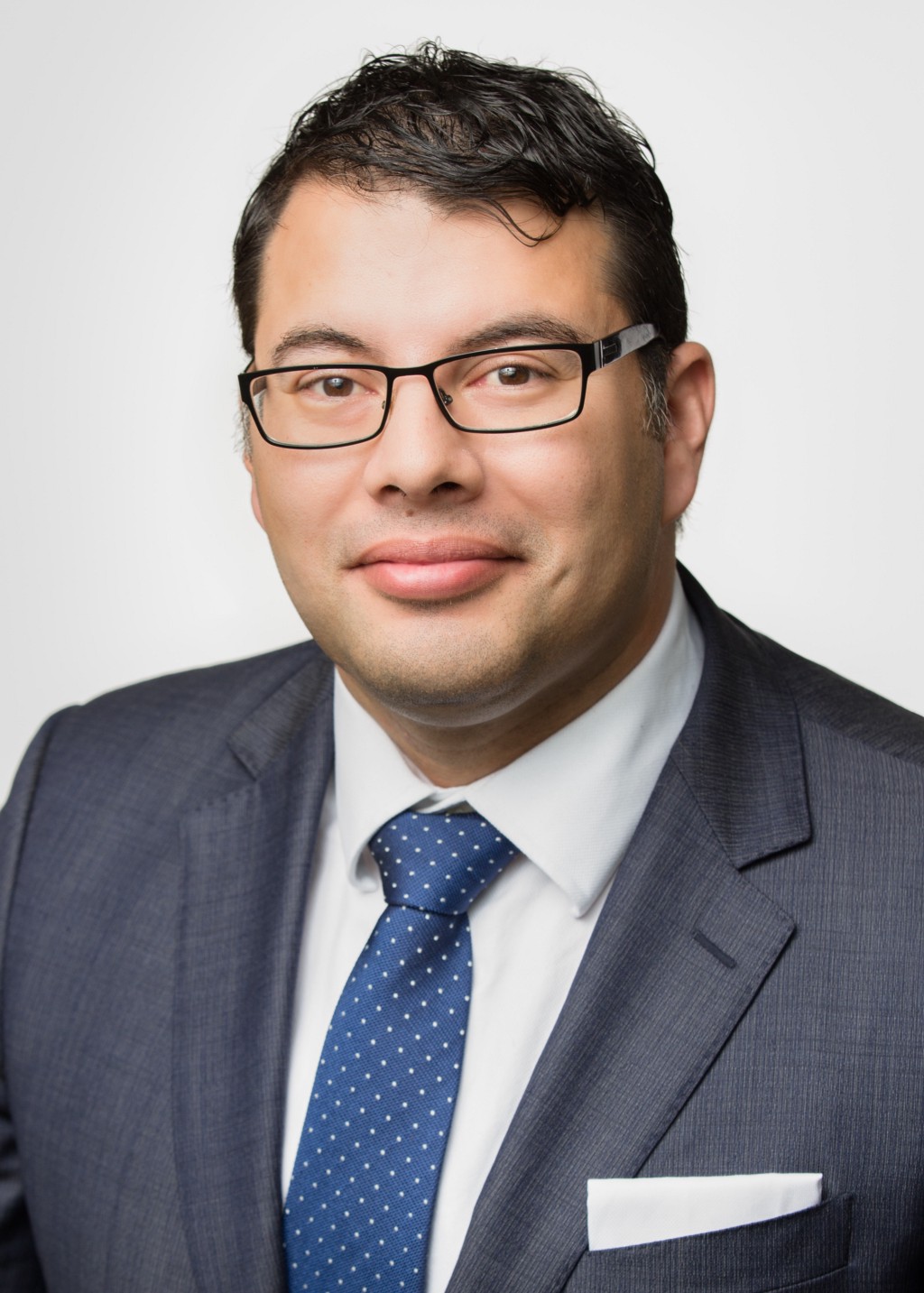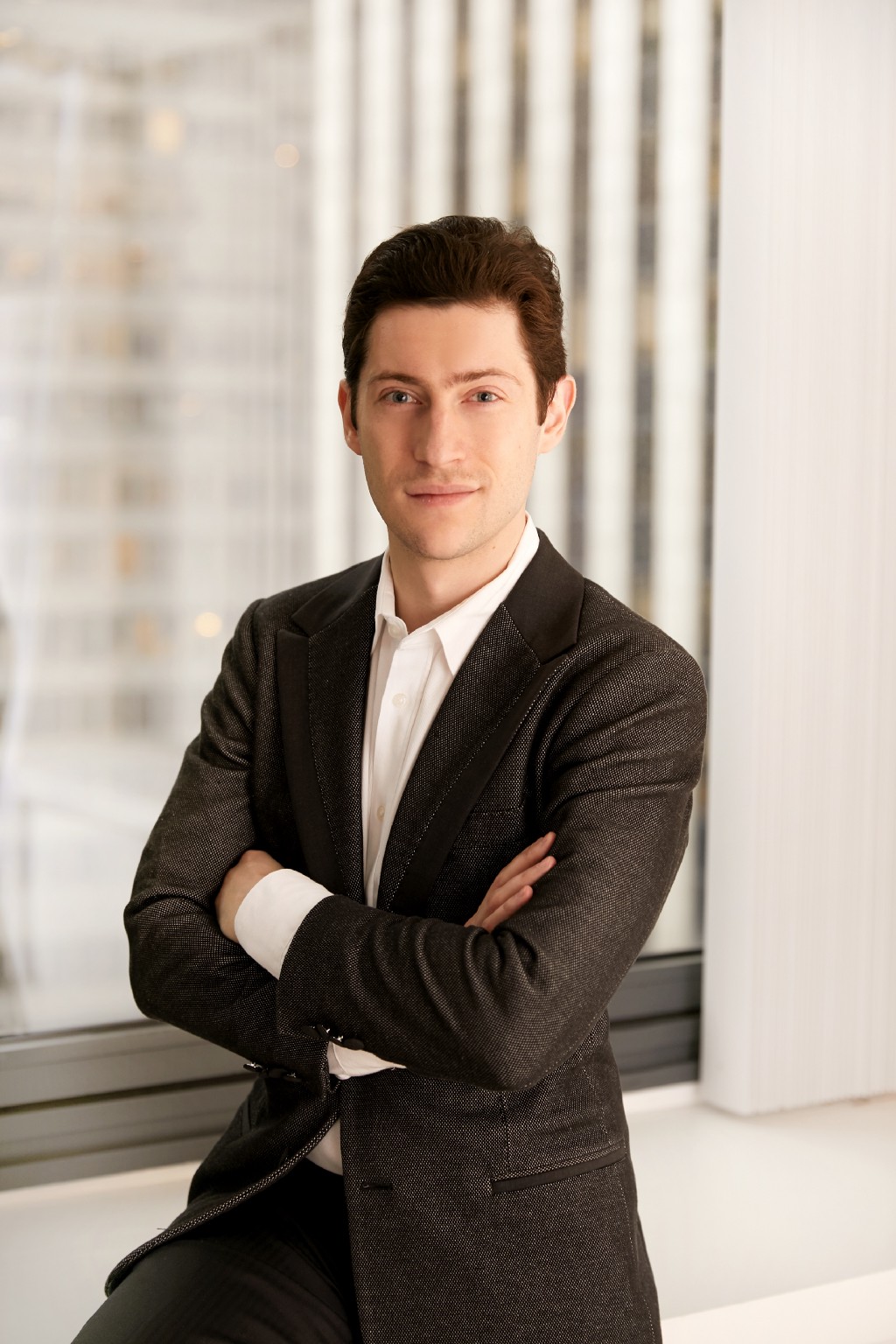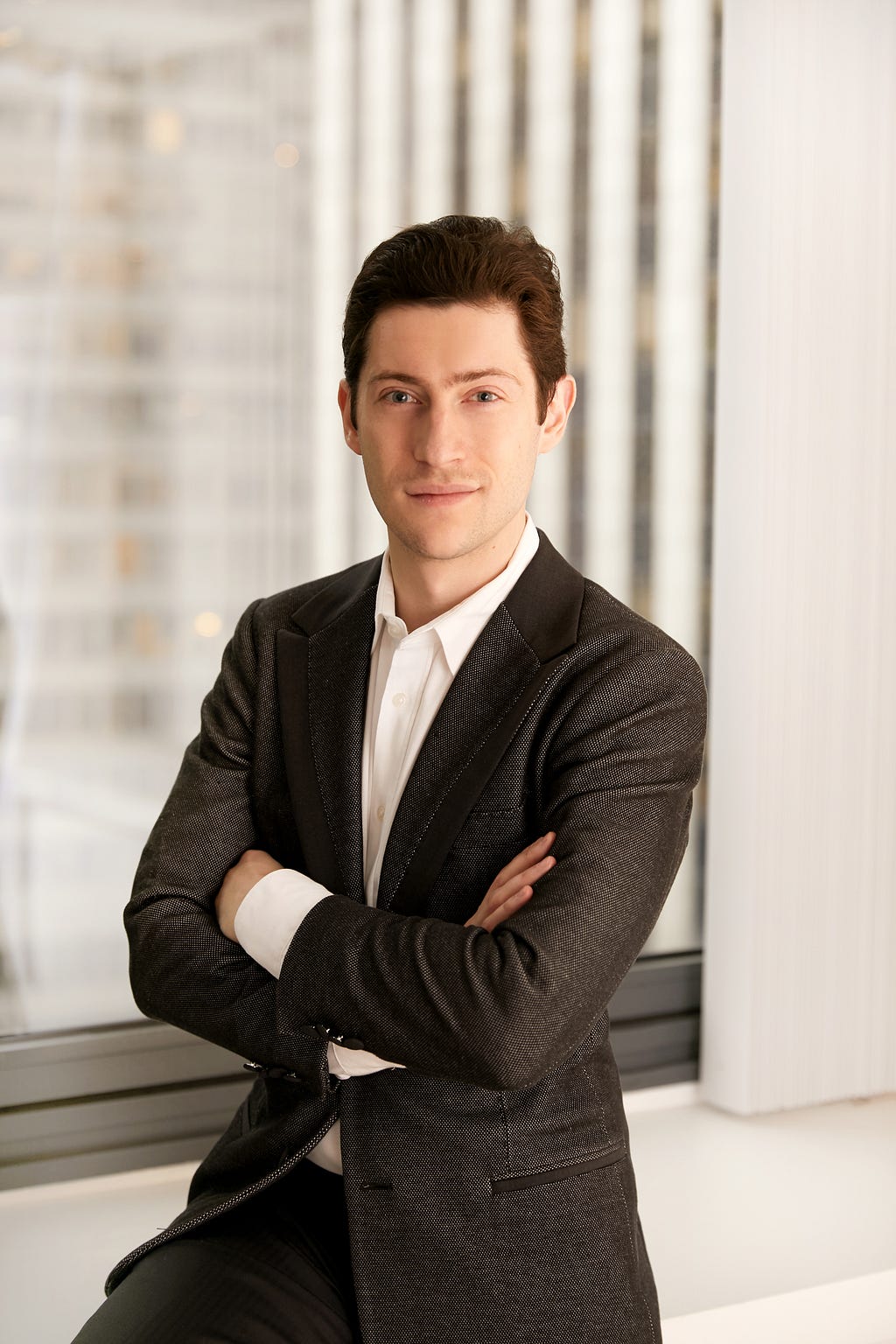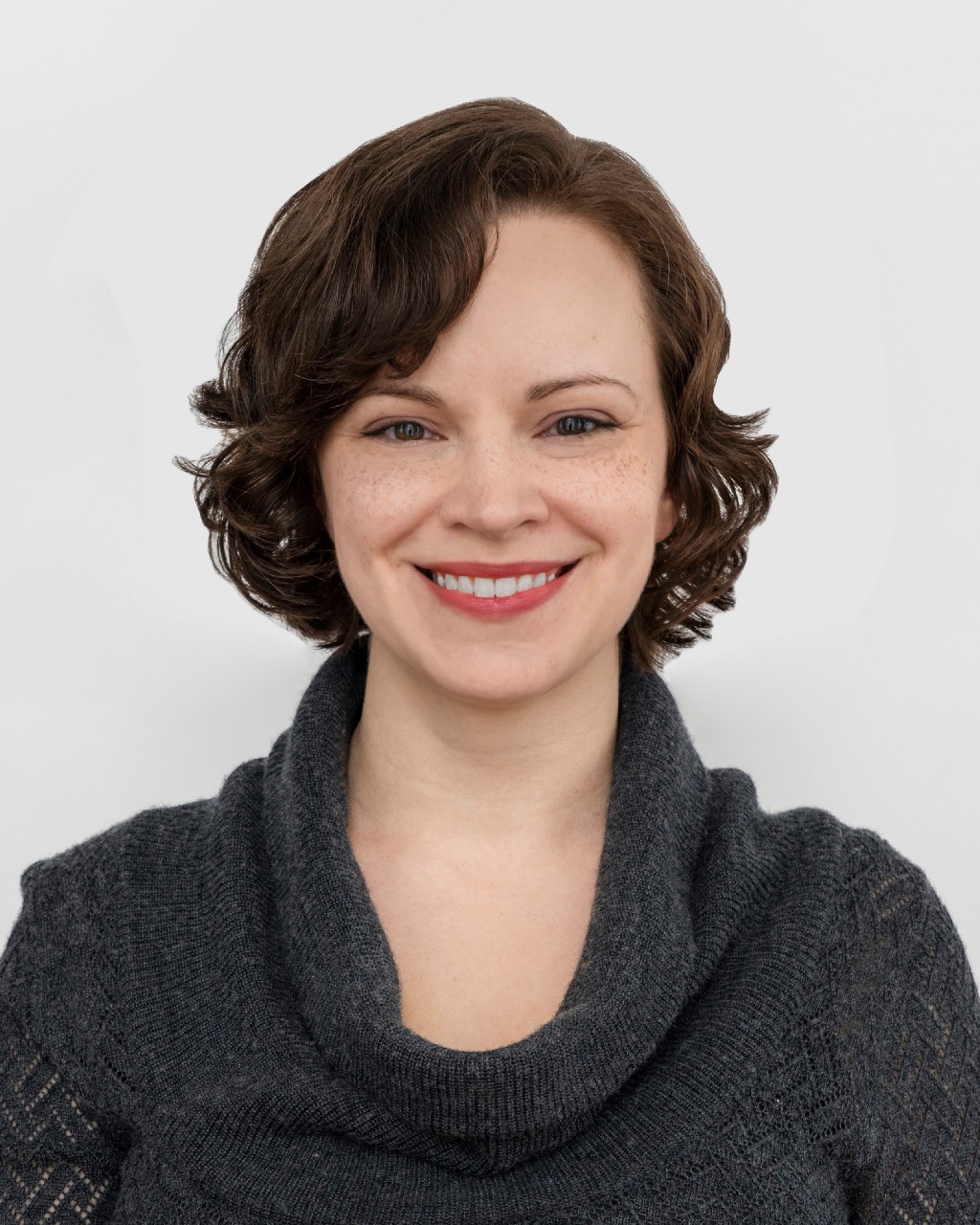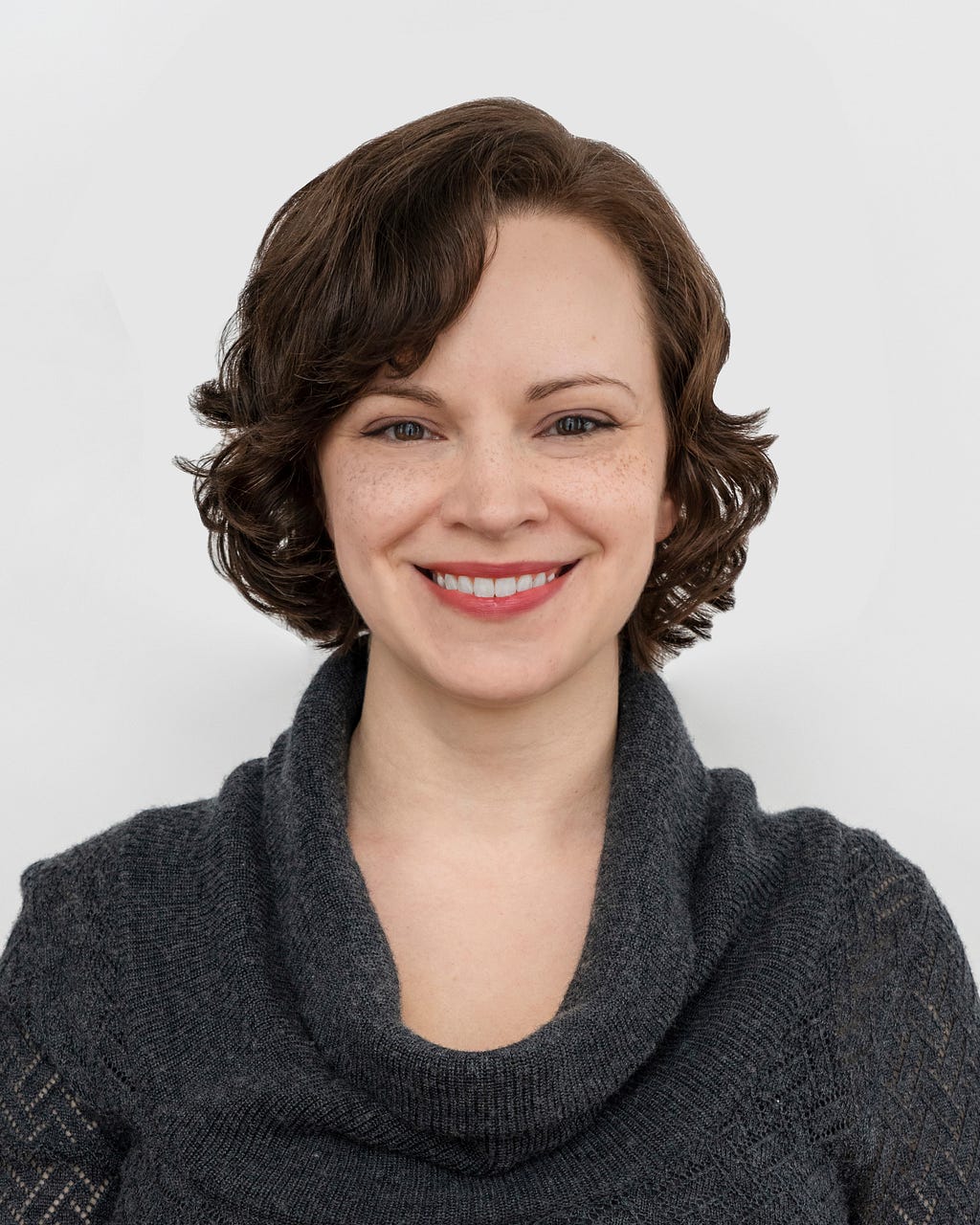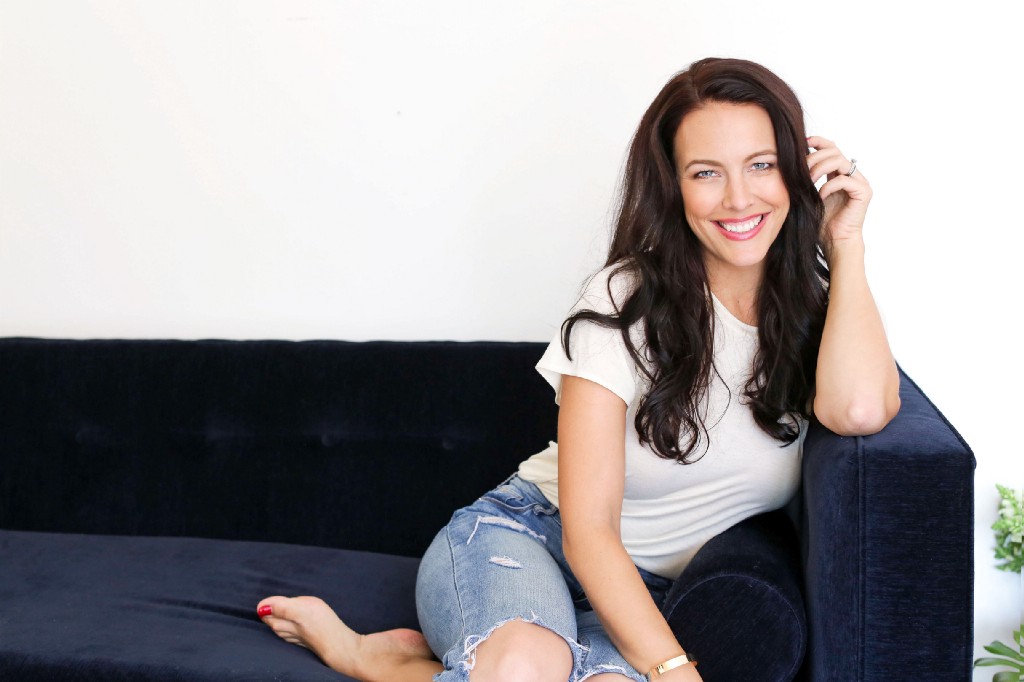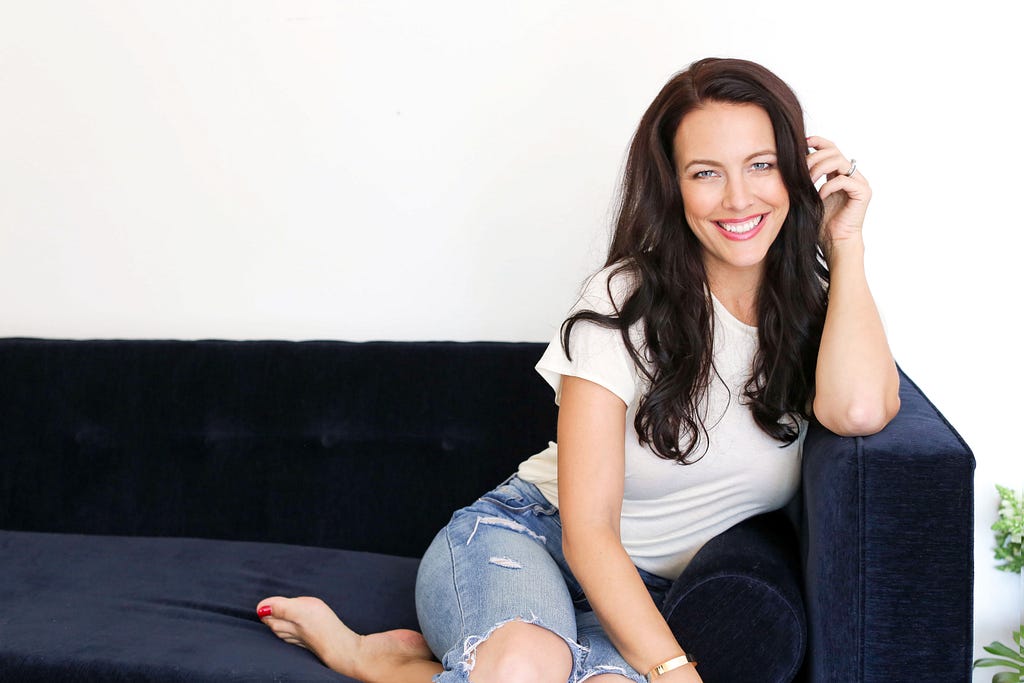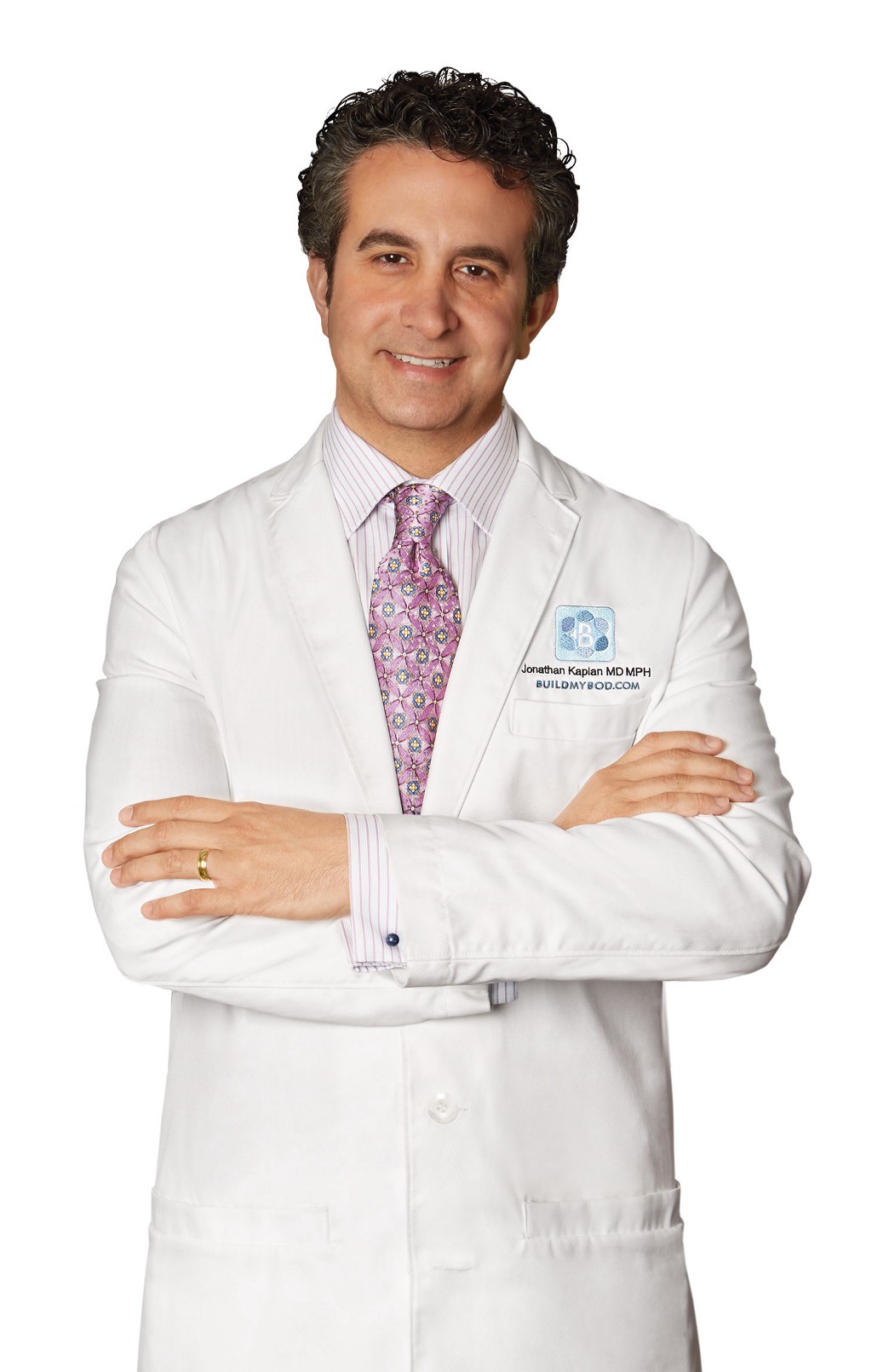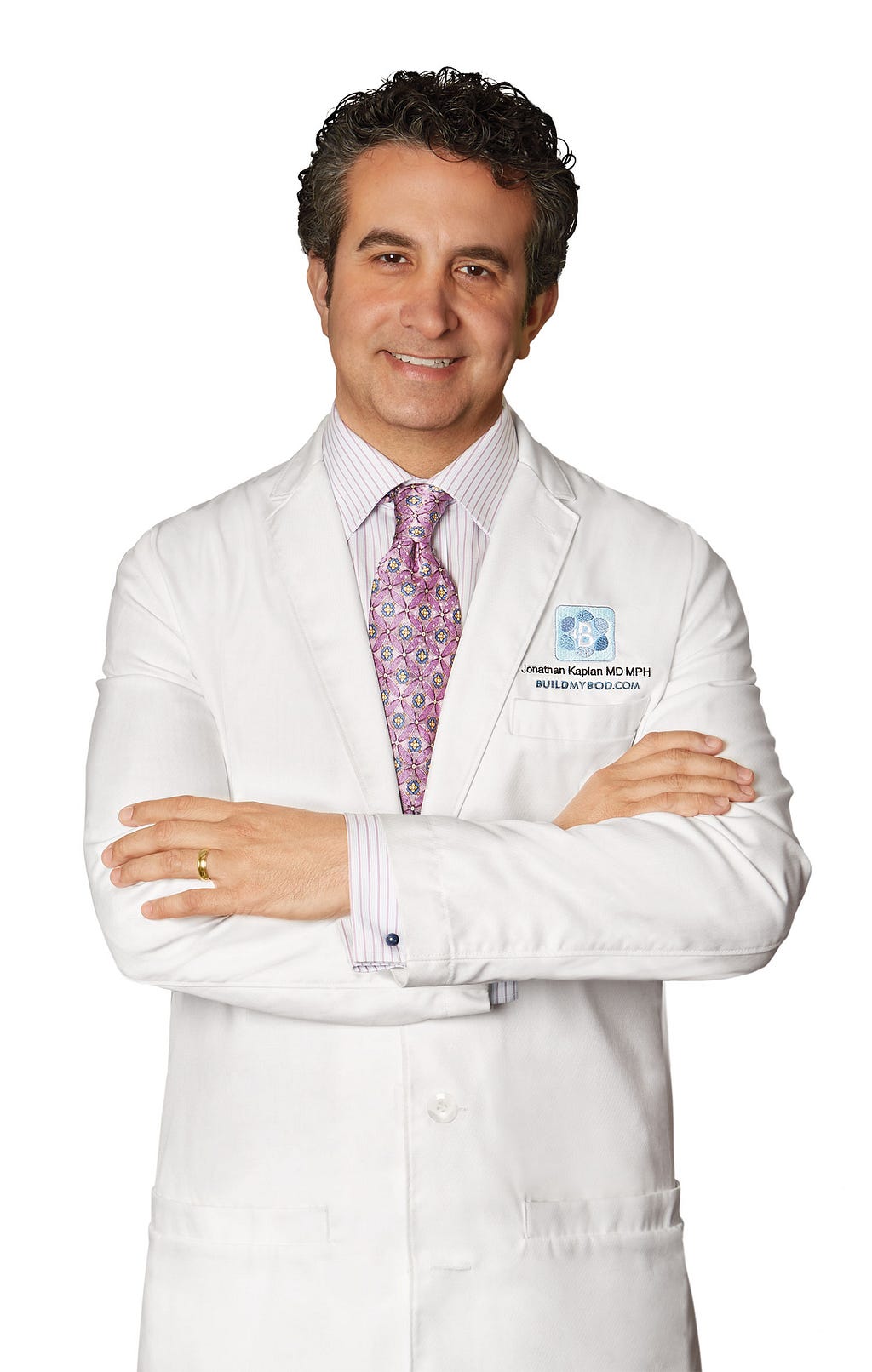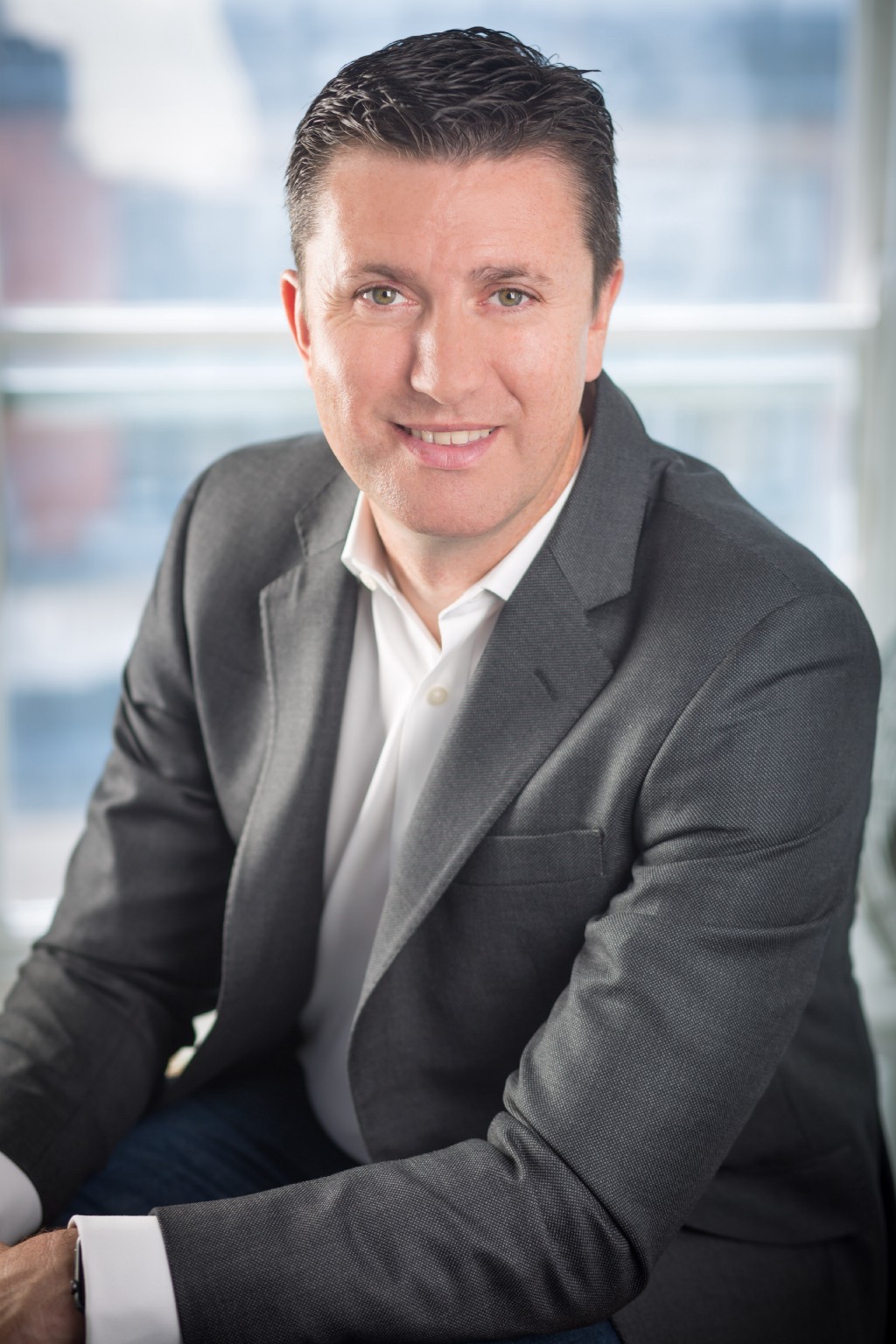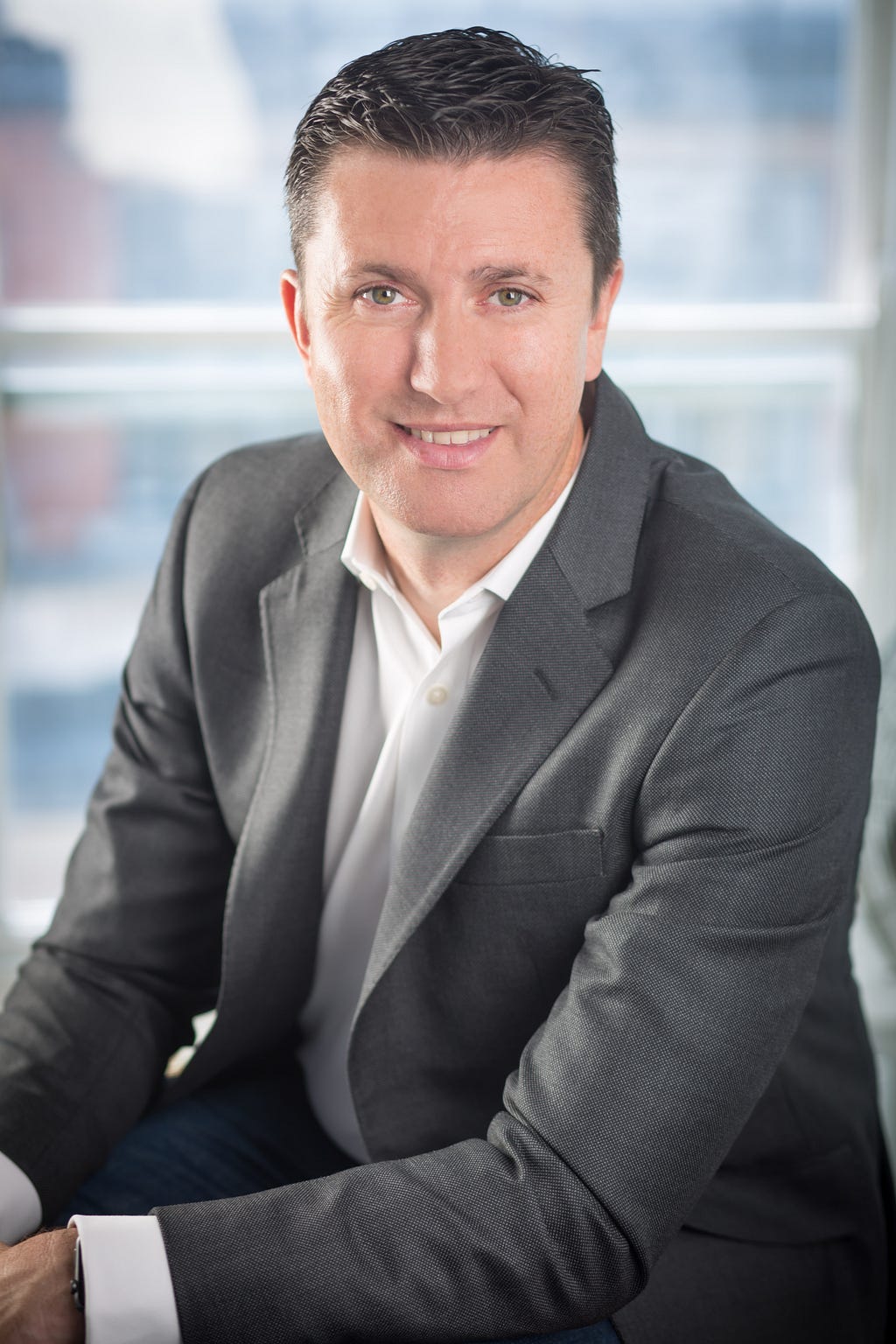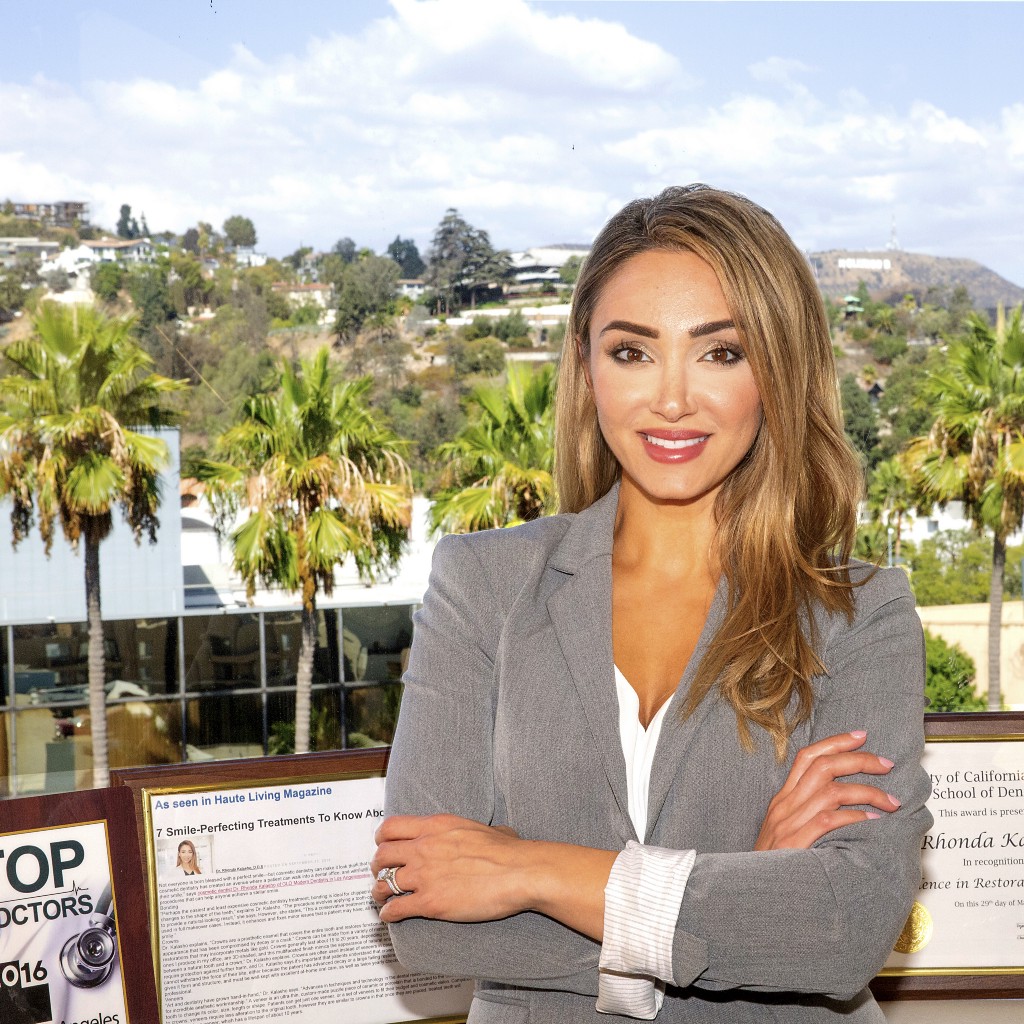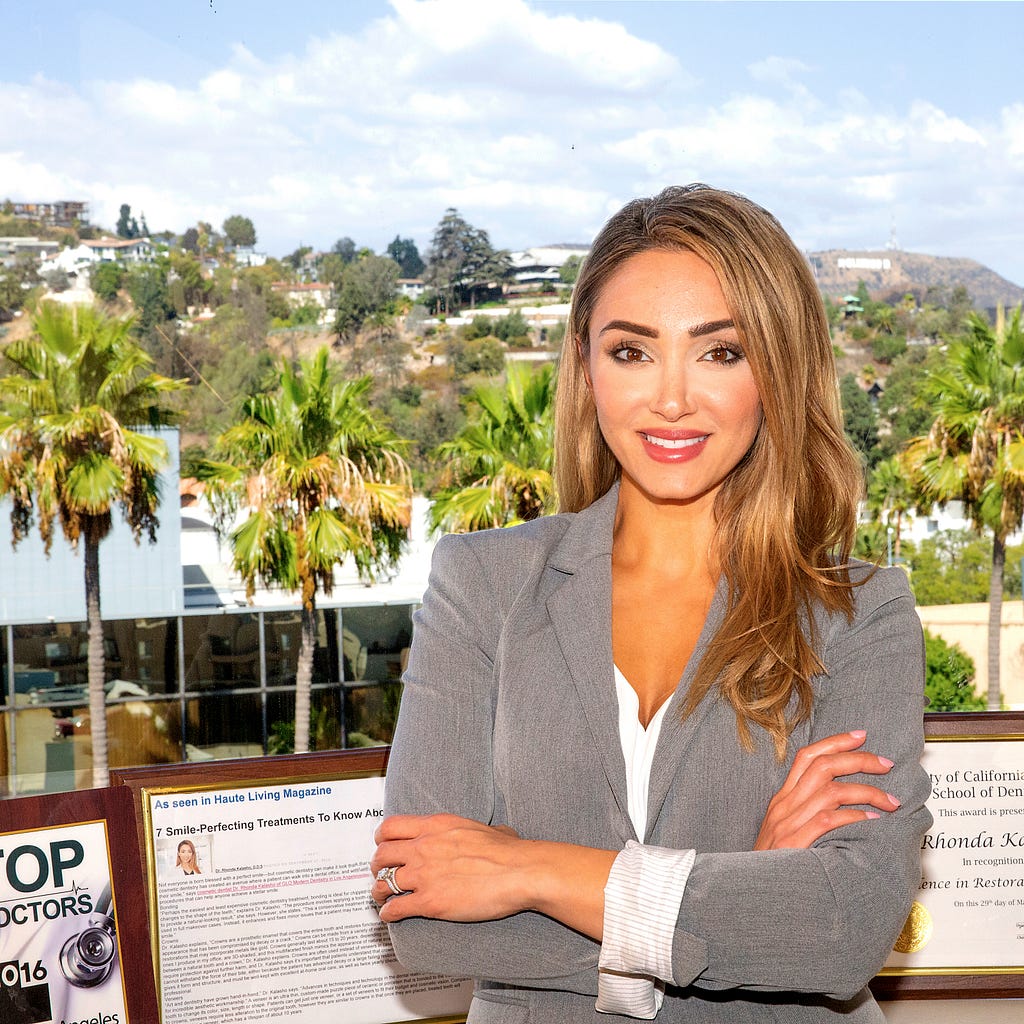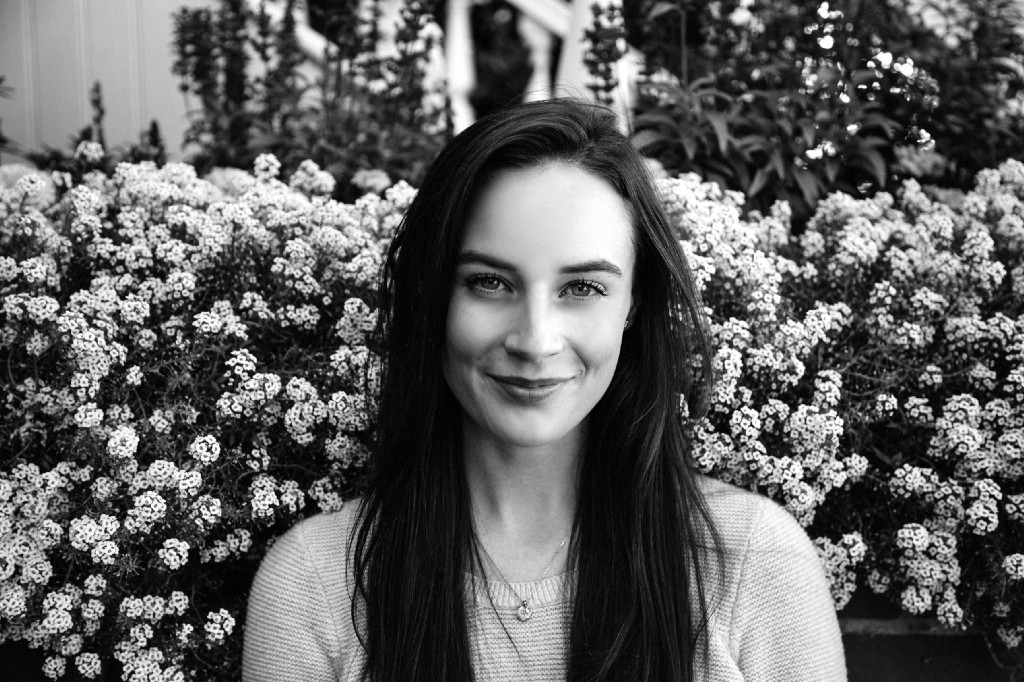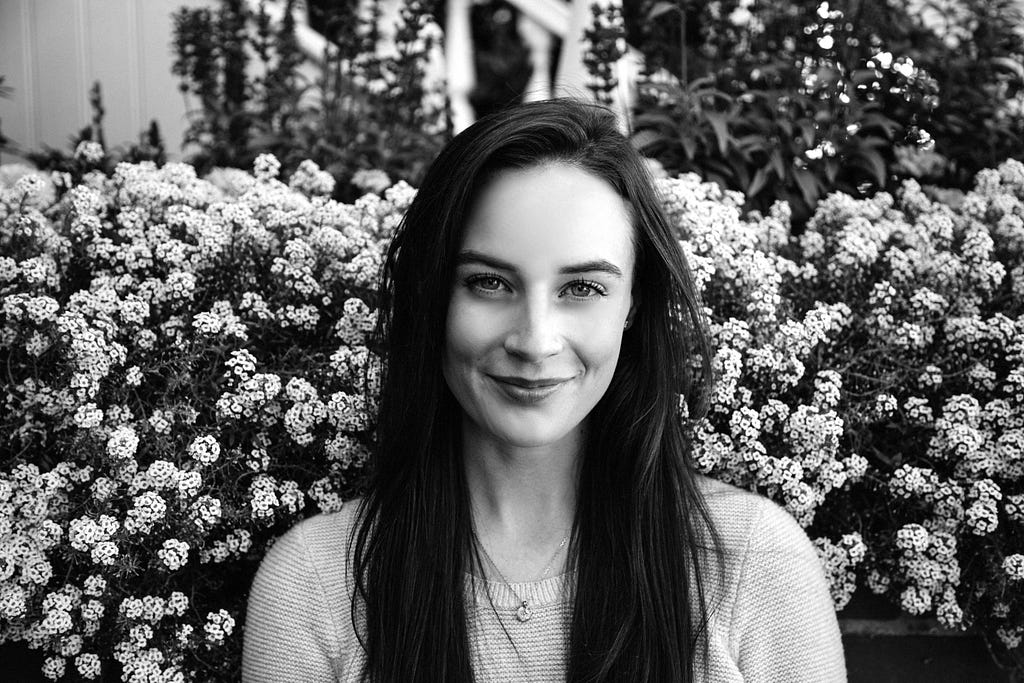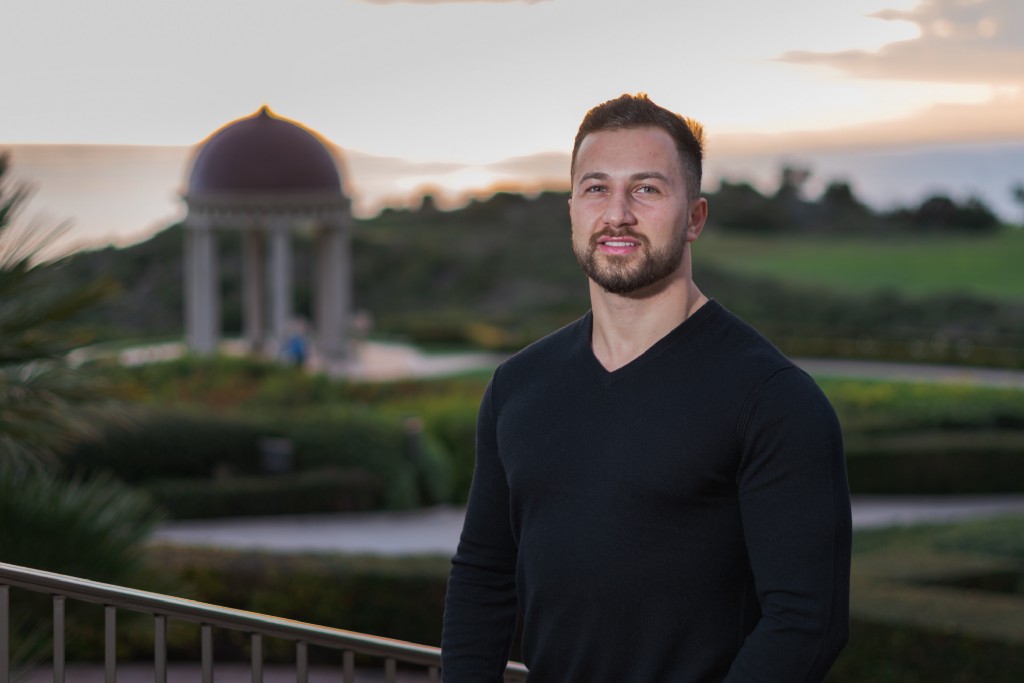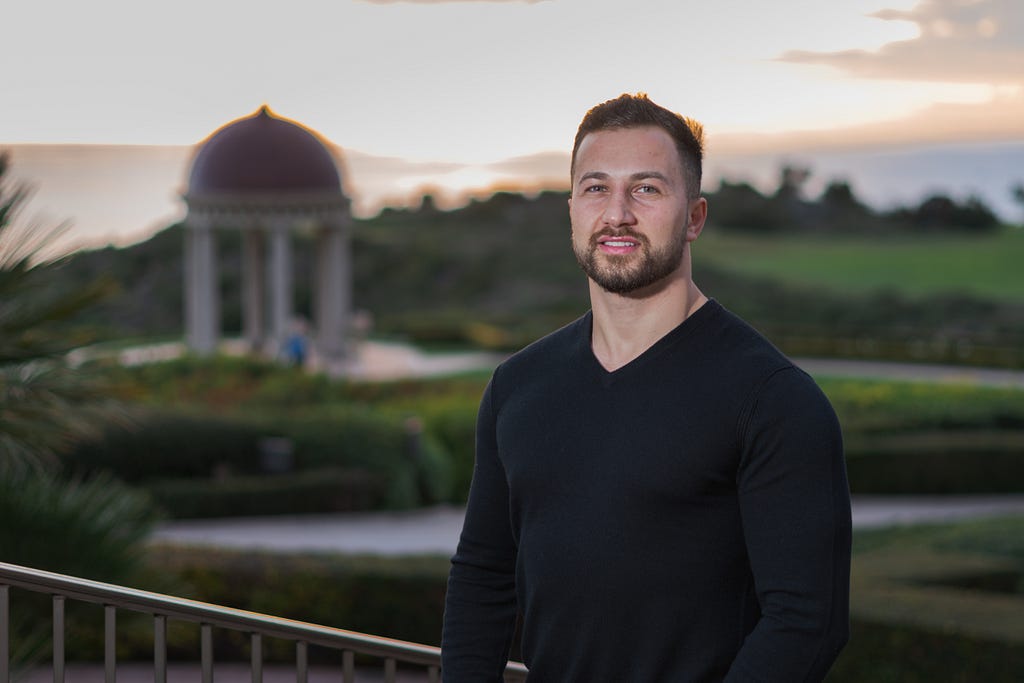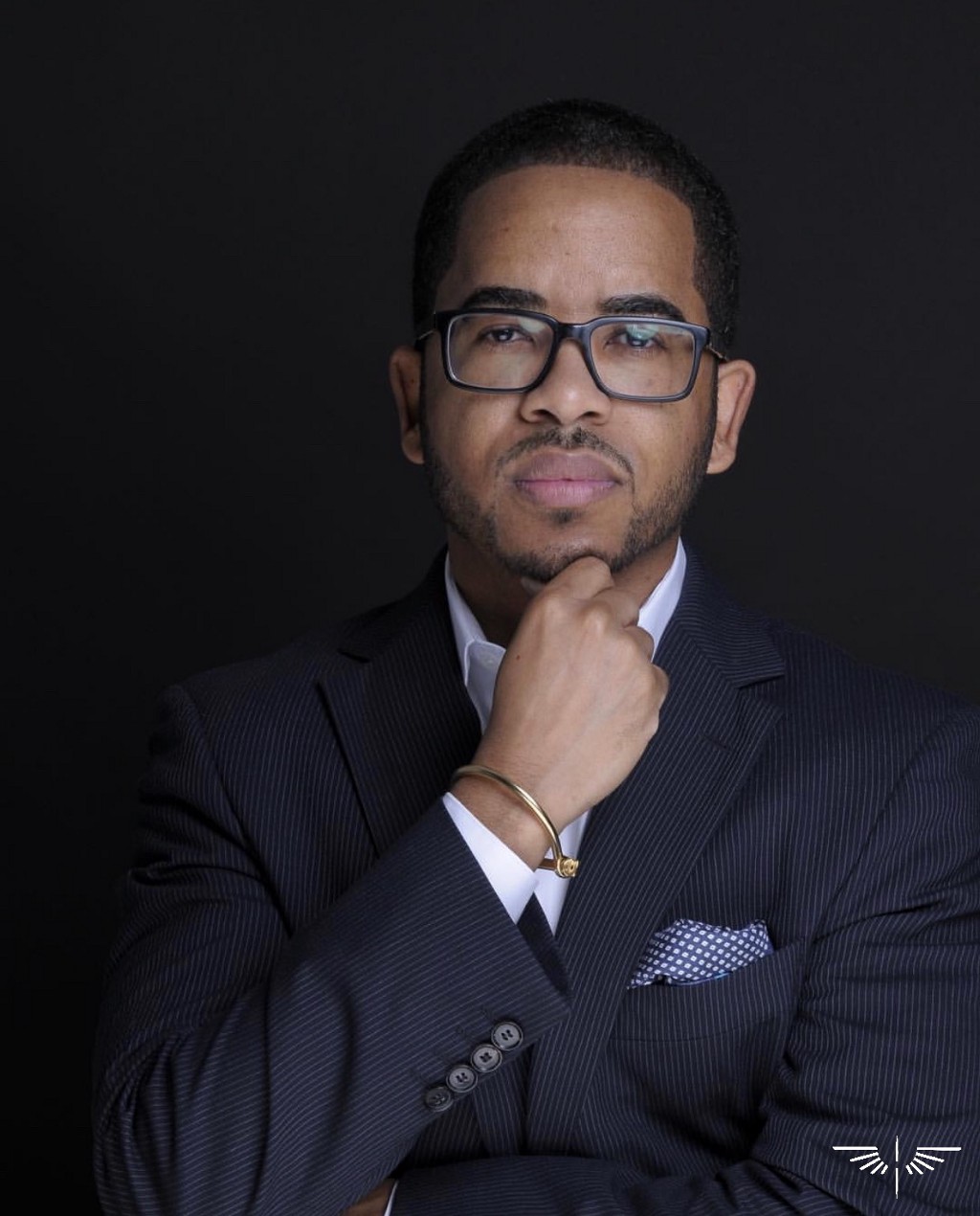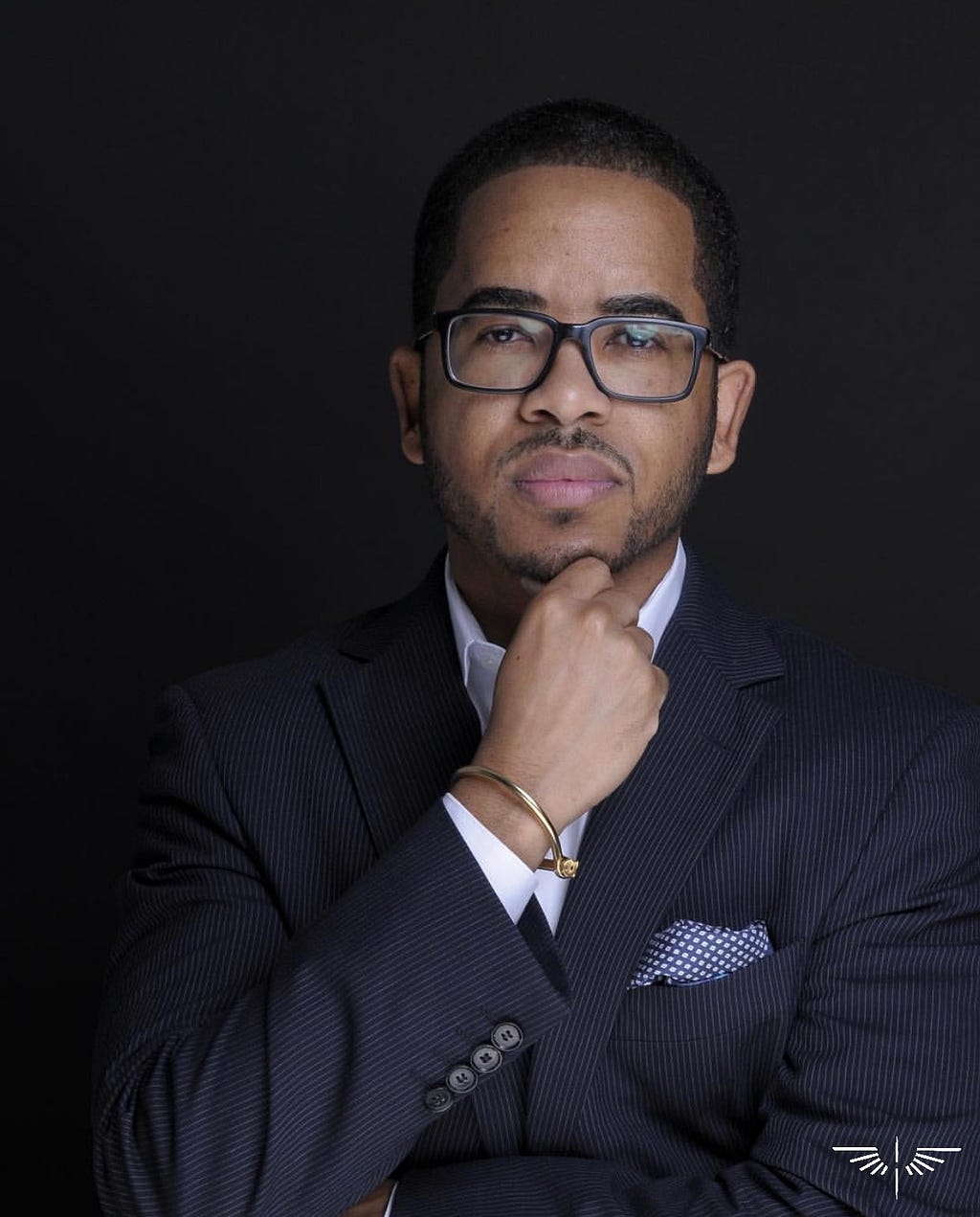The Future Of Beauty: “The ability to do virtual consultations has enabled us to respond to patients more efficiently” With Dr. Johnny Franco
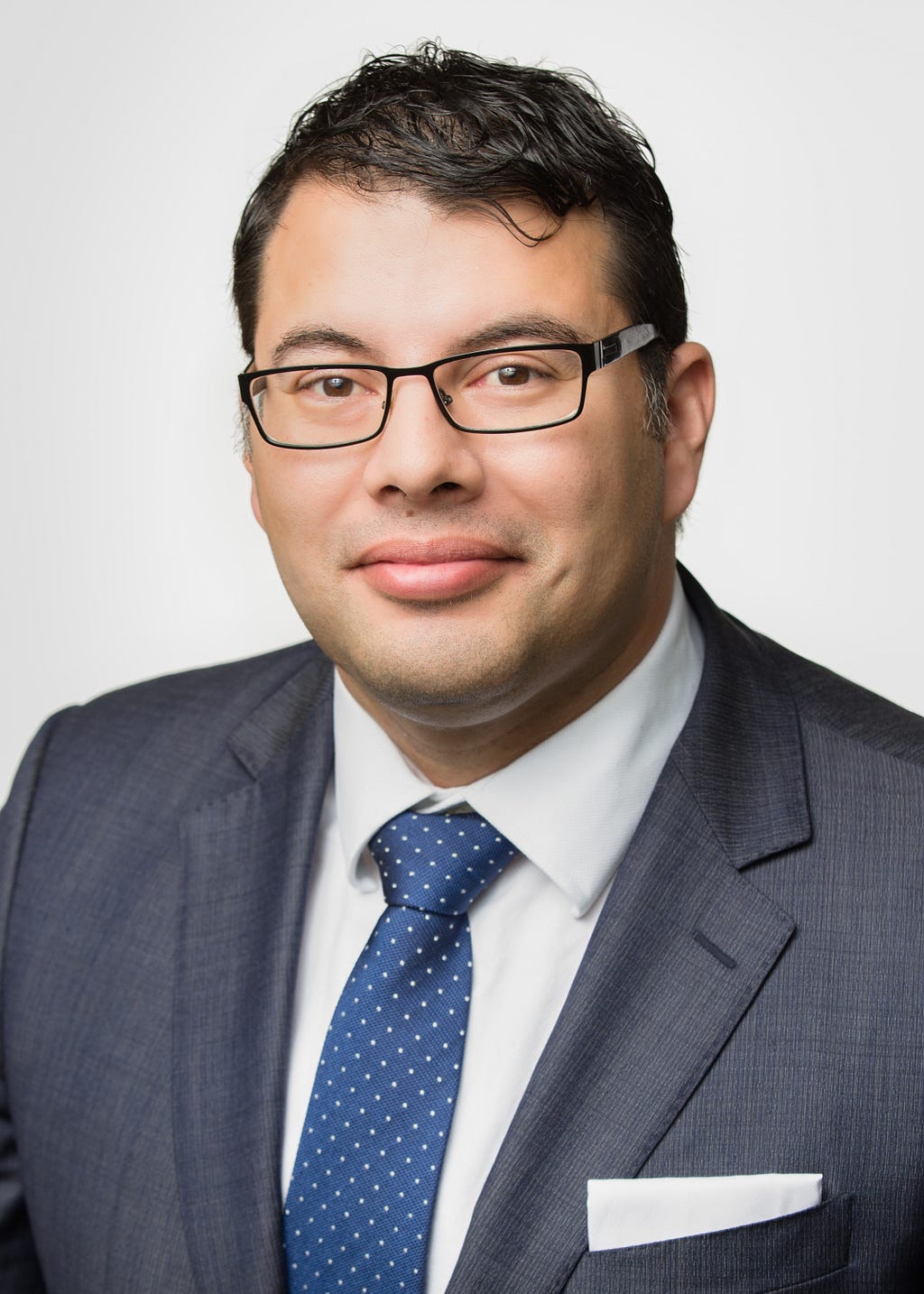
The incorporation of social media/technology has changed my practice and the face of medicine forever. I think most people don’t see social media and technology in terms of apps and videos as beauty advancements however I think this is some of the biggest leaps forward that we have made in the field in recent years.
Through Instagram and other social media outlets I truly believe that we have been able to change the perception and knowledge of plastic surgery more in the past several years that we have over the past several decades. The opportunity to educate patients about their beauty options and the process as whole has improved the conversation and understanding.
This technology has also allowed us to over virtual consultations for patients. In state like Texas there are many patients that live hours away from a specialist. This ability to do virtual consultations has made the state much smaller (don’t tell that to a Texan) in terms or access to healthcare. It also has enabled us to respond to patients more efficiently which in turn leads to better experience and care for our patients. The idea of the virtual/online consultations in going to continue to grow exponentially in all aspects of medicine.
As a part of our series about how technology will be changing the beauty industry over the next five years, I had the pleasure of interviewing Johnny Franco MD, FACS.
A graduate of Beloit College with a Bachelor of Science in Biochemistry, Dr. Franco earned his Doctorate of Medicine from the University of Texas Medical Branch at Galveston.
Dr. Franco has traveled the world during his training. After completing his plastic surgery residency at St. Louis University he traveled to Chan Gung Hospital in Taiwan, then Gent University Hospital in Belgium and Miami Florida for an aesthetic fellowship.
He is currently Clinical Faculty at The University of Texas Dell Medical School. He also is a reviewer for the Aesthetic Journal and Annals of Plastic Surgery where he reviews the articles for publication from other plastic surgeons around the world. He is an active member of the Austin Society of Plastic and Reconstructive Surgeons. He is also an active member of the American Society of Plastic Surgeon and American Society of Aesthetic Plastic Surgeons.
Dr. Franco has been featured in magazines such as Miami Shoot and the Miami Herald for his expertise in aesthetic surgery while in Miami. Since returning to Texas he has been featured on the Dana Cortez Show on 98.5 the Beat multiple times and on the Billy the Kid show on 96.7.
Dr. Franco also currently serves on the advisory board for Realself in an effort to implement new social media trends into their site.
Thank you so much for doing this with us! Before we dive in, our readers would love to learn a bit more about you. Can you tell us a story about what brought you to this specific career path?
I grew up on a small pecan orchard in New Mexico. Since I was a small child working on the farm every weekend I always wanted to do something that would change the world while interacting with people in very intimate manor. I initially thought I wanted to do transplant surgery as this seemed to have an incredible impact in people’s life. Surgery its self was always attractive to me as it is this unique combination of expertise, manual labor and passion.
I was fortunate to be able to spend some time at the Mayo Clinic doing an internship doing transplant research. It was there that I found out that Joseph Murry is the only plastic surgeon to ever win the Noble prize for his working during the first kidney transplant. It was then that I decided to be a plastic surgeon as it allowed me this artistic flexibility with the expertise and precision of other surgical specialties. I am still working toward being the second plastic surgeon to win the Noble prize! Stay Tuned.
Can you share the most interesting story that happened to you since you began your career?
I did my medical school in Texas and always wanted to move back as I loved my time here. After being in practice in Miami for several years I had the opportunity to move back to Austin Texas. When I first moved here someone asked me what my specialty is in the aesthetic world. I told them that butt augmentation is the number one procedure that I performed in Miami. They said well that will change as no one wants that done here in Texas. I responded “we will see.” I stayed true to what I believe in and within 6 months we were scheduled out four months, and to this day butt augmentation is still the number one procedure I perform.
It was not that people didn’t want the procedure, there were not people offering the procedure in a safe and effective manner. For me it was a life lesson that you have to do what you truly believe in and the rest will take care of itself.
Are you able to identify a “tipping point” in your career when you started to see success? Did you start doing anything different? Are there takeaways or lessons that others can learn from that?
This is an interesting questions as success is often difficult to measure and often very successful individuals keep moving the goal post of success to keep themselves motivated. However, a huge tipping point in my career happened when I fully incorporated social media as an education tool for patients into my practice.
Social media has allowed me to turn plastic surgery from this mysterious black box for the rich and famous to something that is real for individuals. This has allowed me to share information with my patients and patients around the world that don’t know where to start or what might be available to them.
Through our social media outlets patients have been able to learn about various procedures, me as a plastic surgeon and our office. This gives patients an entirely new open perspective on plastic surgery and my approach.
I never could have imagined how well received the incorporation of social media has been for our practice from our patients.
None of us are able to achieve success without some help along the way. Is there a particular person to whom you are grateful who helped get you to where you are? Can you share a story about that?
When I was an undergraduate student I was at a conference and walking back to my hotel room at the end of the day. This tall elderly gentleman walking in the same direction as I sees my badge and starts asking me questions about the conference and about myself. We talked for about five minutes until it was time to go our separate ways. Before he went in a separate direction he reached into his pocket and handed me his card, told me if I ever needed anything to reach out to him and walked off without saying another word. I looked down at the card and it said “Vice President Graduate School at the Mayo Clinic.”
I reached out to him several weeks later and the following summer I had an internship at the world famous Mayo Clinic doing transplant surgery research.
This interaction has always stood out in my memory as it was a random act of kindness from a complete stranger that has had an effect on my career more that he could have ever imagined.
Ok super. Let’s now shift to the main part of our discussion. The beauty industry today has access to technology that was inconceivable only a short time ago. Can you tell us about the “cutting edge” (pardon the pun) technologies that you are working with or introducing? How do you think that will help people?
The incorporation of social media/technology has changed my practice and the face of medicine forever. I think most people don’t see social media and technology in terms of apps and videos as beauty advancements however I think this is some of the biggest leaps forward that we have made in the field in recent years.
Through Instagram and other social media outlets I truly believe that we have been able to change the perception and knowledge of plastic surgery more in the past several years that we have over the past several decades. The opportunity to educate patients about their beauty options and the process as whole has improved the conversation and understanding.
This technology has also allowed us to over virtual consultations for patients. In state like Texas there are many patients that live hours away from a specialist. This ability to do virtual consultations has made the state much smaller (don’t tell that to a Texan) in terms or access to healthcare. It also has enabled us to respond to patients more efficiently which in turn leads to better experience and care for our patients. The idea of the virtual/online consultations in going to continue to grow exponentially in all aspects of medicine.
Keeping “Black Mirror” and the “Law of Unintended Consequences” in mind, can you see any potential drawbacks about this technology that people should think more deeply about?
Social media has expanded the way information is shared across the world. However, it can be difficult for people to navigate all of this information. It can be information overload which leads to difficulty differentiating fact from fiction.
It is also important for physicians and providers to make sure that we are providing content that is educational for patients. It is our job as board certified plastic surgeons to help guide patients to realistic and safe aesthetic options to help them reach their aesthetic goals.
The other concern with social media is that there is this misconception of reality. I think it is easy for patients to look at pictures and videos that have been airbrushed or taken at different angles to improve the overall appearance. This can give people an unreal perception of beauty. As a plastic surgeon we have duty to help guide people through this difficult journey and explain what is realistic for each individual person.
Can you share 3 things that most excite you about the “beauty-tech” industry?
- Social media has opened up the mysterious black box of plastic surgery
- The ability to educate people about the various plastic surgery advancements and treatments has grown exponentially over the past several years. This will only continue to grow and allow patients the opportunity to make better informed decisions.
- Virtual consultations have improved access for patients to specialists
- Virtual consultations are concept where patients across the country or world can connect with physicians or providers that may have specialized skills. In a state such as Texas it has allowed patients in rural areas to do consultations with specialized physicians without driving six hours for every appointment. This is truly a huge step in the direction of providing efficient and specialized care to patients no matter where in the world they live.
- Virtual Reality will continue to enhance patients vision of their results.
- One of the most common questions is how am I going to look after this procedure. As technology continues to improve so does our ability to share information with patients about their procedure and the their outcome. Technology has allowed us to create 3D virtual imaging so that patients will have a better understanding of what their results will be after surgery.
Can you share 3 things that most concern you about the industry? If you had the ability to implement 3 ways to reform or improve the industry, what would you suggest?
Patient safety
- Plastic surgery has become such a hot topic that a variety of people have wanted to start performing procedures. Many patients don’t realize that currently laws don’t limit who can perform plastic surgery procedures. There are many people around the country that are not board certified plastic surgeons that are operating on individuals. It can be very confusing to people that physicians that are not Board-Certified Plastic Surgeons can perform plastic surgery. In the near future there needs to continue to be reform that limits who performs aesthetic procedures to protect patients.
- Patients have to be careful that they are not led astray by someone who has a great website or social media account but has not been properly trained. Currently the majority of social media posts are done by non-plastic surgeons. This means that the majority of information being distributed to individuals is coming from providers that were not actually trained in plastic surgery.
You are an expert about beauty. Can you share 5 ideas that anyone can use “to feel beautiful”? (Please share a story or example for each.)
Beauty Insider Tips:
- Confidence is beauty — Our exterior is just and extension of what is on the inside. The more confidence and positive outlook you have the more you are going to radiate.
- Embrace your individual beauty traits — Our uniqueness is what makes all of us sexy!
- Sunscreen — Everyone should use a good sunscreen (this is an easy one)!
- Surround yourself with positive people that are going to help you be the best version of yourself.
- Plastic Surgery- make sure if you are considering undergoing plastic surgery you are doing it for the right reasons. It should always be something that you want to do. Also ask your plastic surgeon questions. Often there is small things in the office that you can do that will make a big difference in refreshing your appearance.
You are a person of great influence. If you could inspire a movement that would bring the most amount of good to the most amount of people, what would that be? You never know what your idea can trigger. 🙂
I would love for everyone to embrace their individual beauty. I think it is easy to forget that our individual difference that makes the world interesting. If we all looked exactly the same life would be boring.
I would love for everyone post something on their favorite social media outlet something that makes them unique. Once we start to embrace our individuality, I truly believe people will have a better understanding of how amazing the they are as a person.
Can you please give us your favorite “Life Lesson Quote”? Can you share how that was relevant to you in your life?
“If you really look closely, most overnight success took a long time” — Steve Jobs
This is a great quote as I believe people can get discouraged when they are trying to reach their dreams and they keep encountering obstacles in their path. The road to your dreams is not easy or short. Understanding that it is a marathon and not sprint is important to your success and to enjoying the ride along the way!
How can our readers follow you online?
Website: www.austinplasticsurgeon.com
Instagram: @austinplasticsurgeon
Snapchat: @austinsurgeon
Podcast: Plastic Surgery Untold
Thank you so much for joining us. This was very inspirational.
The Future Of Beauty: “The ability to do virtual consultations has enabled us to respond to… was originally published in Authority Magazine on Medium, where people are continuing the conversation by highlighting and responding to this story.


